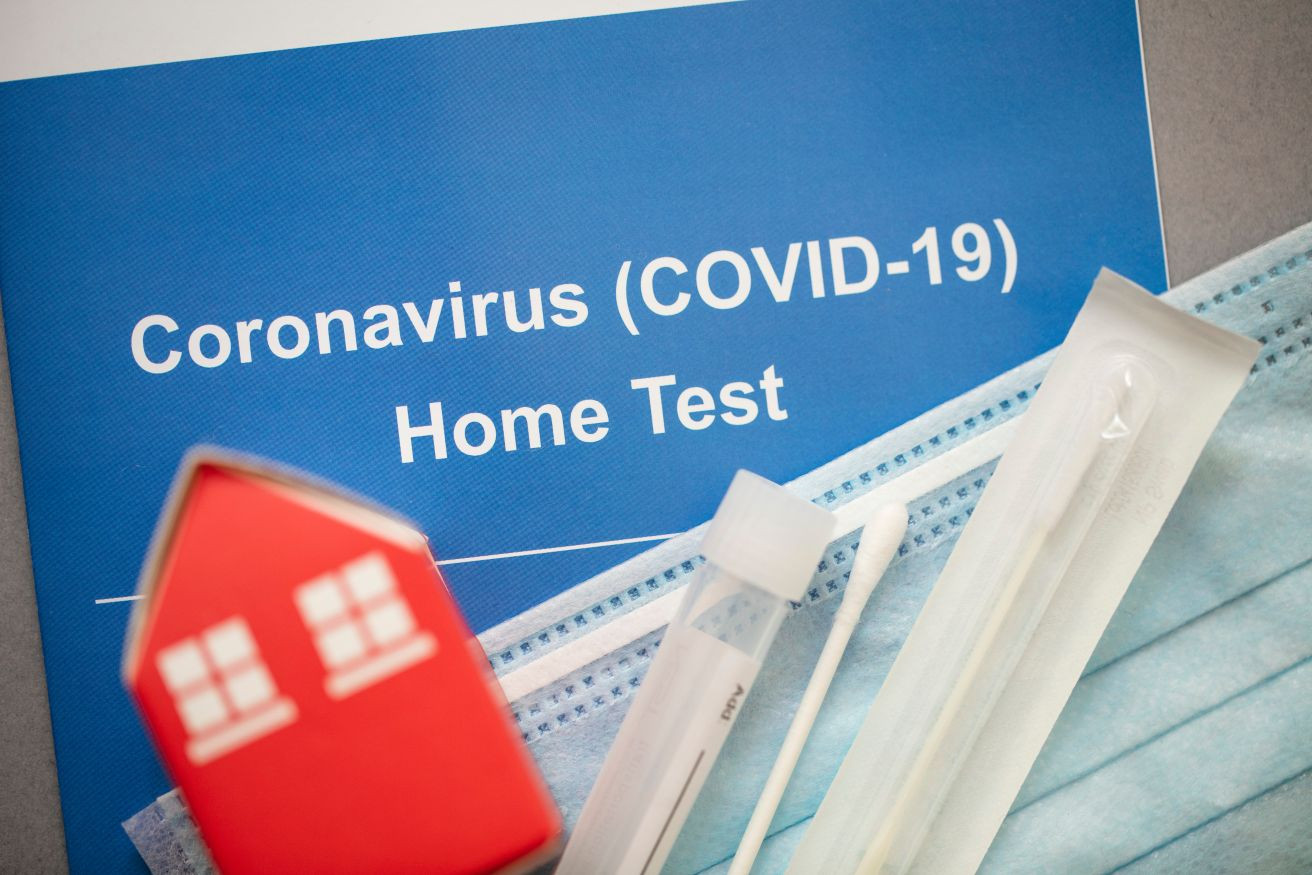Popular Reads
Top Results
Can't find what you're looking for?
View all search resultsPopular Reads
Top Results
Can't find what you're looking for?
View all search resultsUnpad research team develops COVID-19 test kit for home use
A research team from Padjadjaran University (Unpad) in Bandung, West Java, is currently designing a rapid testing method to detect COVID-19 through saliva samples. They are also preparing a mobile application to support the reporting system for rapid test kit results.
Change text size
Gift Premium Articles
to Anyone
A research team from Padjadjaran University (Unpad) in Bandung, West Java, is currently designing a rapid testing method to detect COVID-19 through saliva samples. They are also preparing a mobile application to support the reporting system for rapid test kit results.
According to Unpad’s COVID-19 diagnostic research coordinator, Muhammad Yusuf, the rapid test kit his team was currently developing would work in a similar way to the antigen rapid kit. This testing method can also be performed independently at home.
He explained that using saliva samples in a test was a familiar method for testing, including the test used to detect HIV.
“The only thing that differentiates them is the samples,” he said as quoted by tempo.co on Tuesday.
In the antigen test, which uses the nasopharyngeal swab method, the samples are extracted from the surface of the respiratory mucosa, while saliva samples are extracted from the patient's mouth. Furthermore, the patients are advised to let the saliva flow from their open mouth instead of spitting it out. Yusuf said that this was due to the possibility that the saliva would mix with mucus during the process.
Pathologists also advise that the saliva should be taken immediately as soon as the individual wakes up from their sleep, or before other objects enter their mouth, such as food, toothpaste, or water.
The research team aims to conduct a trial for the new testing method within the next two months, Yusuf said.
“We are currently looking for the best formula to extract the virus protein from the saliva sample,” he added.
Prior to conducting this research, Yusuf also participated in research to develop the antigen test, which has been used as one of the COVID-19 detection tools nationwide.
The scheme for saliva testing is similar to the scheme he previously designed for the antigen test, down to the research protocols, which will be submitted to Unpad’s research ethics committee.
The team has also reported its new research plan to the National Research and Innovation Agency (BRIN) and requested funding.
Aside from developing the new test method, the researchers are also developing a reporting system for rapid test kit results, dubbed Portal CePAD. Rapid test kit users will be asked to put their personal information into the system. The researchers will also put a barcode in each rapid kit, allowing its users to wait for their results at home.
Upon receiving their results, an individual will also receive a recommendation from the system as to what other steps they should take. If their results come out as positive, the system will advise them to call health facilities.
On the contrary, if an individual is showing COVID-19 symptoms but their test result comes out as negative, they will be asked to either conduct self-isolation or to perform a swab test.
“If they don’t experience any COVID-19 symptoms and receive a negative result for their test, then they are deemed safe,” Yusuf said. (dpk)
Editor’s note: This article is part of a public campaign by the COVID-19 task force to raise people’s awareness about the pandemic.










